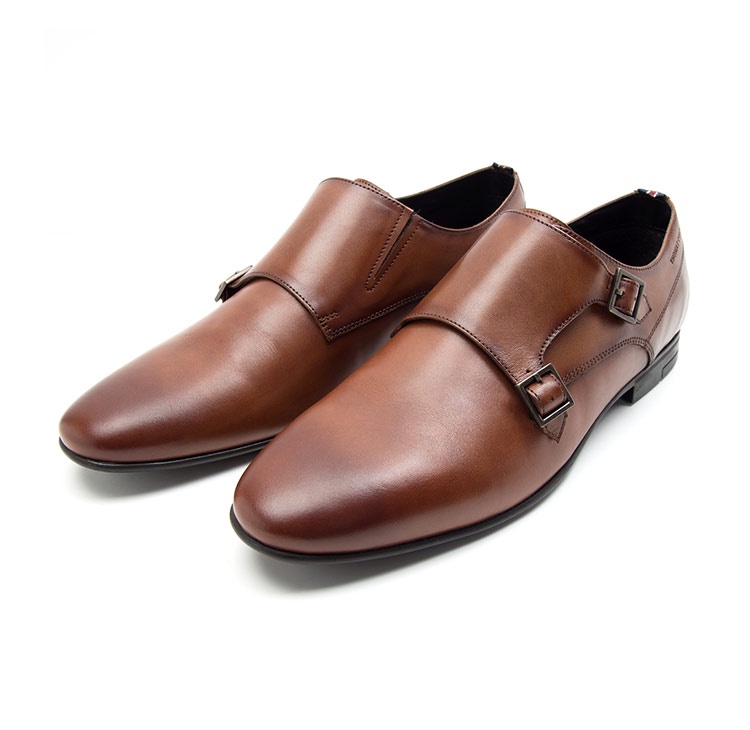In men's fashion, formal shoes are essential to sophistication and style. Whether you don a tailored suit for a business meeting, attend a formal event, or aim for a polished everyday look, the right pair of formal shoes can make or break your ensemble.

1. Know Your Formal Shoe Styles:
Men's formal shoes come in various styles, each suited to specific occasions and dress codes. The classic Oxford, known for its closed lacing system, epitomizes formal elegance, perfect for business and black-tie events. With open lacing, Derby shoes offer a touch of versatility and are ideal for less formal occasions. Monk straps, loafers, and brogues bring their unique flair to the table, and understanding the distinctions will guide you toward a more informed choice.
2. Color Coordination Is Key:
The timeless classics include black and brown, with black being the go-to choice for formal events and business settings. Brown offers versatility and can complement a range of outfits. Ensure that the color of your shoes harmonizes with the rest of your attire, creating a cohesive and polished appearance.
3. Match The Formality Level:
Reserve highly polished Oxfords for black-tie events and important business meetings. Derby shoes can transition seamlessly between business casual and formal settings. While stylish, Monk straps and loafers are generally considered less formal and better suited for smart-casual occasions.
4. Pay Attention To Shoe Construction:
The construction of formal shoes is a critical factor influencing comfort and durability. Goodyear welted or Blake stitched soles indicate high-quality craftsmanship, offering durability and ease of resoling. A well-constructed shoe ensures longevity and provides better support and comfort, making it a wise investment in the long run.
5. The Right Fit:
No matter how stylish or expensive your formal shoes may be, a poor fit can undermine the entire look. Always prioritize comfort and proper sizing. Visit a professional shoe store to get accurately measured, and don't hesitate to try on multiple sizes and styles to find the perfect fit. Remember, a well-fitted shoe enhances your comfort and contributes to a more polished and put-together appearance.
6. Consider The Dress Code:
Formal events may require classic black Oxfords, while business casual environments might allow for the versatility of brown Derby shoes or stylish loafers. A dress code ensures that you look sharp and display a keen sense of fashion etiquette.
7. Quality Matters:
Investing in quality formal shoes is an investment in both style and longevity. High-quality leather, meticulous craftsmanship, and attention to detail are hallmarks of well-crafted formal shoes.
Final Thoughts
Mastering the art of men's formal shoes involves a combination of style awareness, understanding the occasion, and a commitment to quality. By adhering to these foolproof guidelines, you can confidently stride into any formal setting with an assurance that your footwear not only complements your ensemble but also reflects your discerning taste in men's fashion.


No comments yet